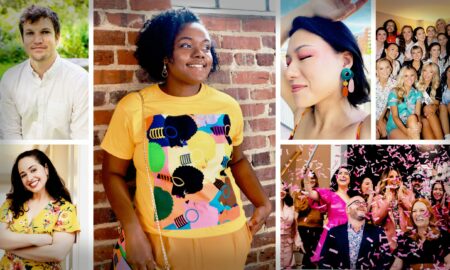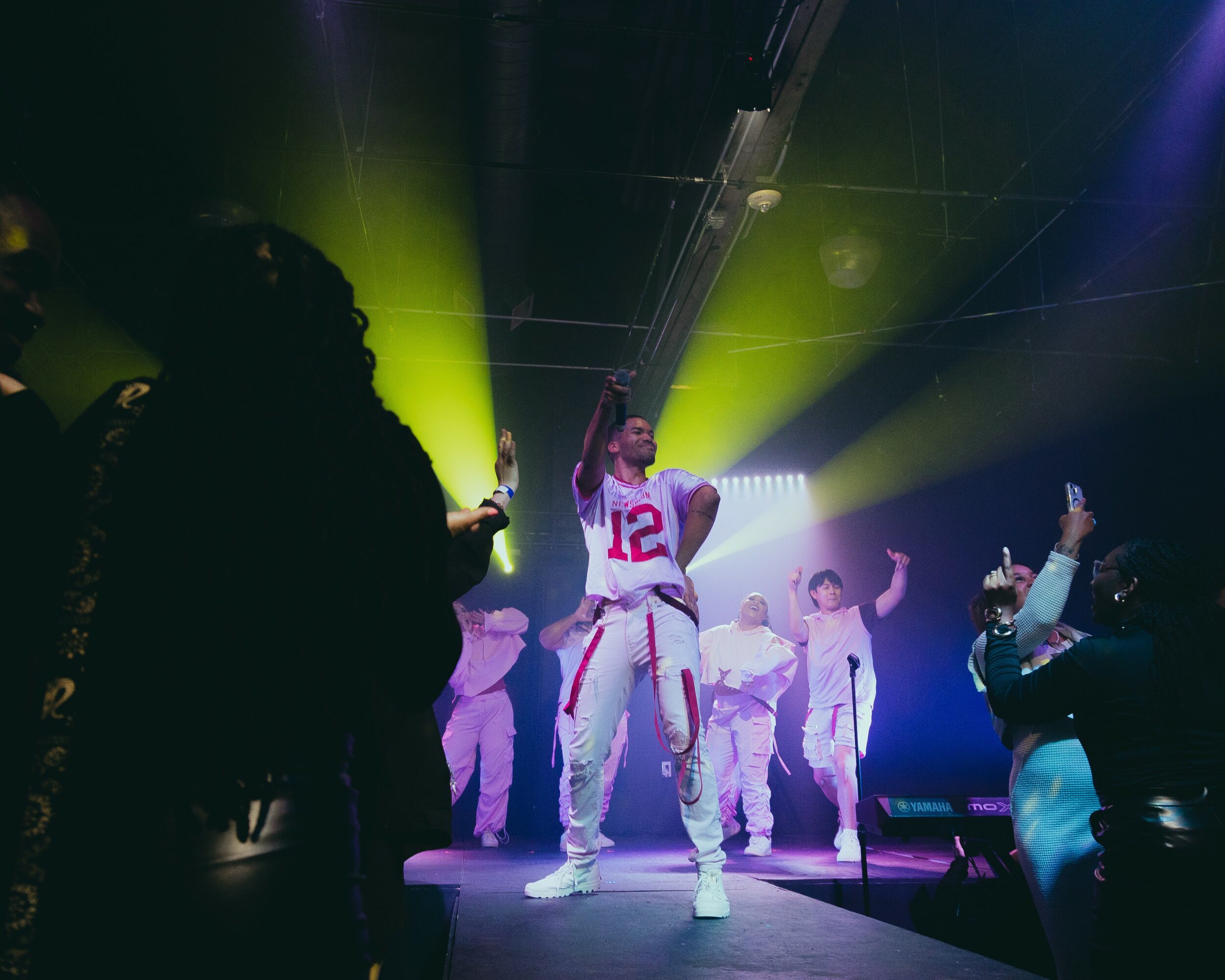

Sitch shared their story and experiences with us recently and you can find our conversation below.
Hi Sitch, thank you for taking the time to reflect back on your journey with us. I think our readers are in for a real treat. There is so much we can all learn from each other and so thank you again for opening up with us. Let’s get into it: What makes you lose track of time—and find yourself again?
Cliché as it sounds, music and drawing make me lose time and find myself. Particularly, working on a large drawing or portrait and listening to my Liked Songs playlist on shuffle can easily take me hours into the night without pause. I started drawing as young as I can remember, and it was a talent that especially bonded me with my dad. I don’t get to draw as much now (because life requires so much attention elsewhere) but when I can get into a flow with music I loved when I was younger, it takes me to a space that feels like Myself.
Can you briefly introduce yourself and share what makes you or your brand unique?
“Thanks, John.” I’m Sitch (like the Kim Possible catchphrase, not Lilo’s alien bestie) and I am an R&B/Pop-Soul music artist and entertainer. I am a performer whose mission is to inspire a world of listeners to embrace their fullness through music, art, and entertainment; and I do that by using my own experiences, training in music, dance, and visual design, and gift of storytelling to make unforgettable experiences.
Right now I’m celebrating the release of my album, “Back to You, John”, and generating so many ideas for visuals, merch, and live performances. Join the Newsroom and stay tuned!
Thanks for sharing that. Would love to go back in time and hear about how your past might have impacted who you are today. What did you believe about yourself as a child that you no longer believe?
I no longer believe I am an inconvenience. As a kid, I was very smart, imaginative, inquisitive, and expressive – I was different. I didn’t want to play team sports, I was content drawing all day or writing poems and playing music. I was very smart and well spoken but that led to me being ostracized and teased in grade school. I skipped a grade so I was a year younger than all my peers; I always felt like I was playing catch-up or that I was the floater in social circles. I was constantly barraging my parents with my woes and whys and why nots and I was SO DRAMATIC.
I believe now that I was brilliant, just different. But back then, “different” was burdensome. I grew up seeing the inability of people to understand me as being my fault. I have many memories of being pushed away, misunderstood, and othered, and I internalized those feelings to mean that just being around was taxing. Today, I understand that sometimes it’s not that you’re too much, but that your environment isn’t enough. OR — sometimes it is indeed that you’re too much. But either way, you are valid, and a space that will embrace all of you is destined to find you if you stay long enough to meet it.
When did you stop hiding your pain and start using it as power?
I think the most powerful thing I did with my pain is share it. It sounds cliché, but some of my best art is the fruit of pain. When I was going through a hard period and didn’t know how to articulate what I was feeling with words, I drew something, or painted, or wrote poetry, or – eventually – recorded a cover or crafted lyrics. I found the power that existed in the messages of media, and accessed it most fully in moments of struggle or pain.
I also used my vulnerability to teach and mentor others. I’ve been a choreographer, an educator, a team lead, a sibling… all roles that put me in situations where you fail, grow, share your stories, and (ideally) inspire. I became better in all those roles when I imparted lessons and wisdom from anecdotal struggle, resilience, and pain. Not only did sharing those deeper aspects of myself make me more open with my teammates, “kids”, coworkers, or sisters, but it also made me more keen and receptive of their pain, too. Increased emotional intelligence allowed me to identify ways to relate, understand, and embrace those around me.
It also humbled me enough to allow them to help me grow as well.
Alright, so if you are open to it, let’s explore some philosophical questions that touch on your values and worldview. What’s a cultural value you protect at all costs?
I will always, ALWAYS, value and protect Black creativity. We are a people who selfishly, generously, resiliently create art and share ourselves expressively. Black people used rhythms as language, used melody as messaging, and made fashion as symbols of identity. When spoken words were stripped away, we drummed, tapped, and clapped. We danced, generating movement from two bodily centers. We make music, from tribal calls, to hymns, to diary entries and Top 40 hooks. Our art proliferated into family trees of genre and category. Black people make art that everyone else enjoys, commodifies, imitates, and some even try to erase us from. Black people turned music into sociopolitical movements, tied dances into subcultures, and built art into economies. Across the Diaspora, Black contributions shape national creative cultures, and I will always acknowledge and protect that.
Okay, so before we go, let’s tackle one more area. What is the story you hope people tell about you when you’re gone?
I hope people tell a long story about me. I’m talking chapters, prologues, a glossary, index, the whole nine! Like, 10.0 Accelerated Reader-level novel.
Seriously though, I hope people who remember me, remember me fondly.
I hope old friends say “He really did what he always talked about doing. He became what we said as kids he’d be.”
I hope close friends can say “We really knew him. We grew together.”
I hope my family says “He really knew the Lord, like we were raised.”
I hope my Fraternity fam and kids can say “He genuinely wanted to learn us. He was always there for us as he could be.”
I hope all of them believe, “He loved me.”
I want my Newsroom fans and supporters to say “His music spoke to me sometimes, and spoke for me other times.” When I think of purpose, I feel I was born to connect and impact people through the Gifts I was given. When I consider legacy, I am not deluded into believing any of ours will be spotless – I am hopeful that even with the scuffs and scratches, my legacy is led by Love, Heart, and Hard Work. “He f*cked up a few times but he tried getting it right Every time. He loved people for real, and poured into them. When he said he cared, he meant it.” I want to leave a legacy where the people I came to know don’t have to question whether or not I valued them. If I ever shared the road with you on life’s highway, you were more than just traffic on the way to my exit.
Contact Info:
- Website: https://sitchofficial.com/
- Instagram: https://instagram.com/sitchofficial
- Facebook: https://facebook.com/sitchofficialmusic
- Youtube: https://youtube.com/@sitchofficial
- Other: https://tiktok.com/@sitchofficial
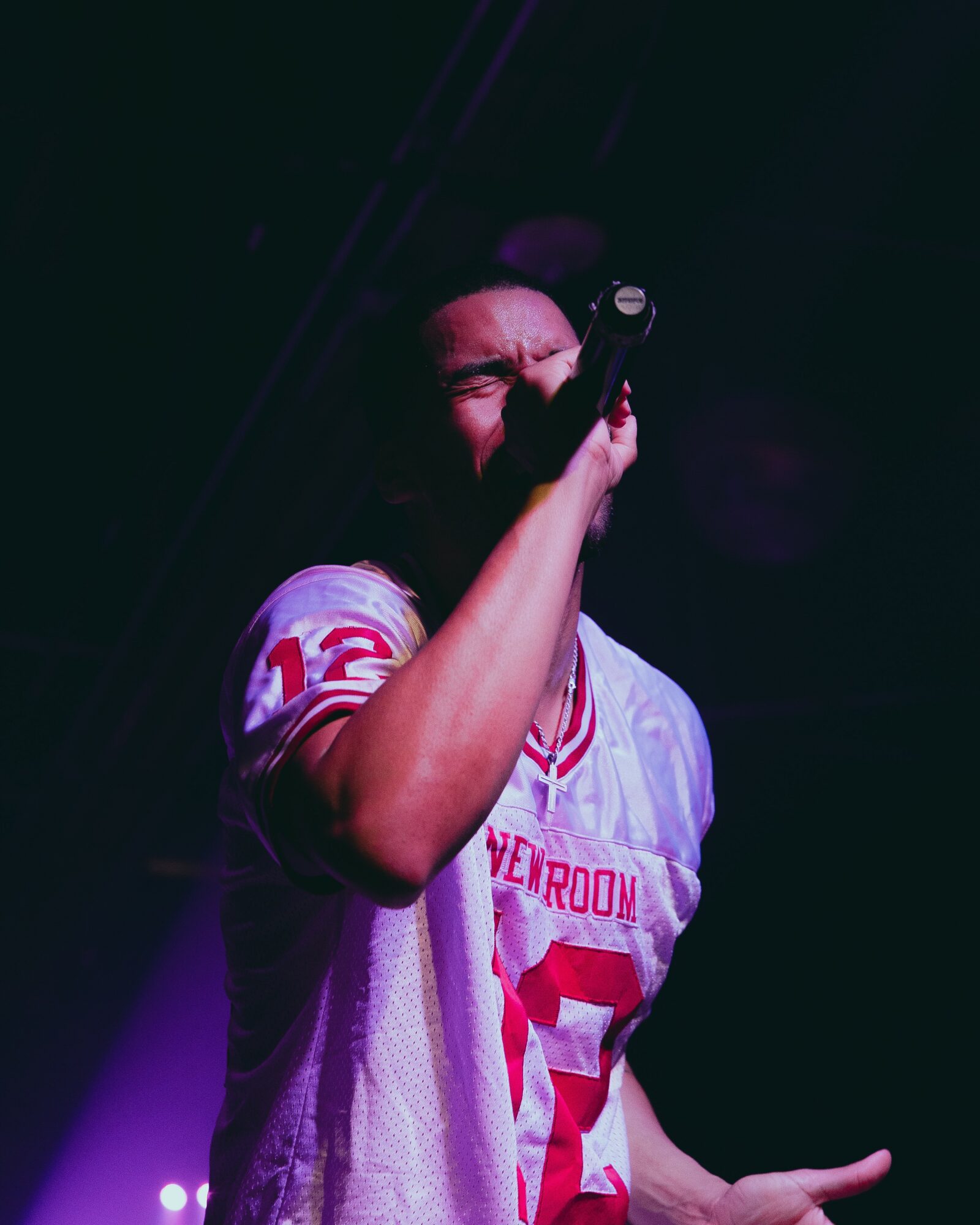
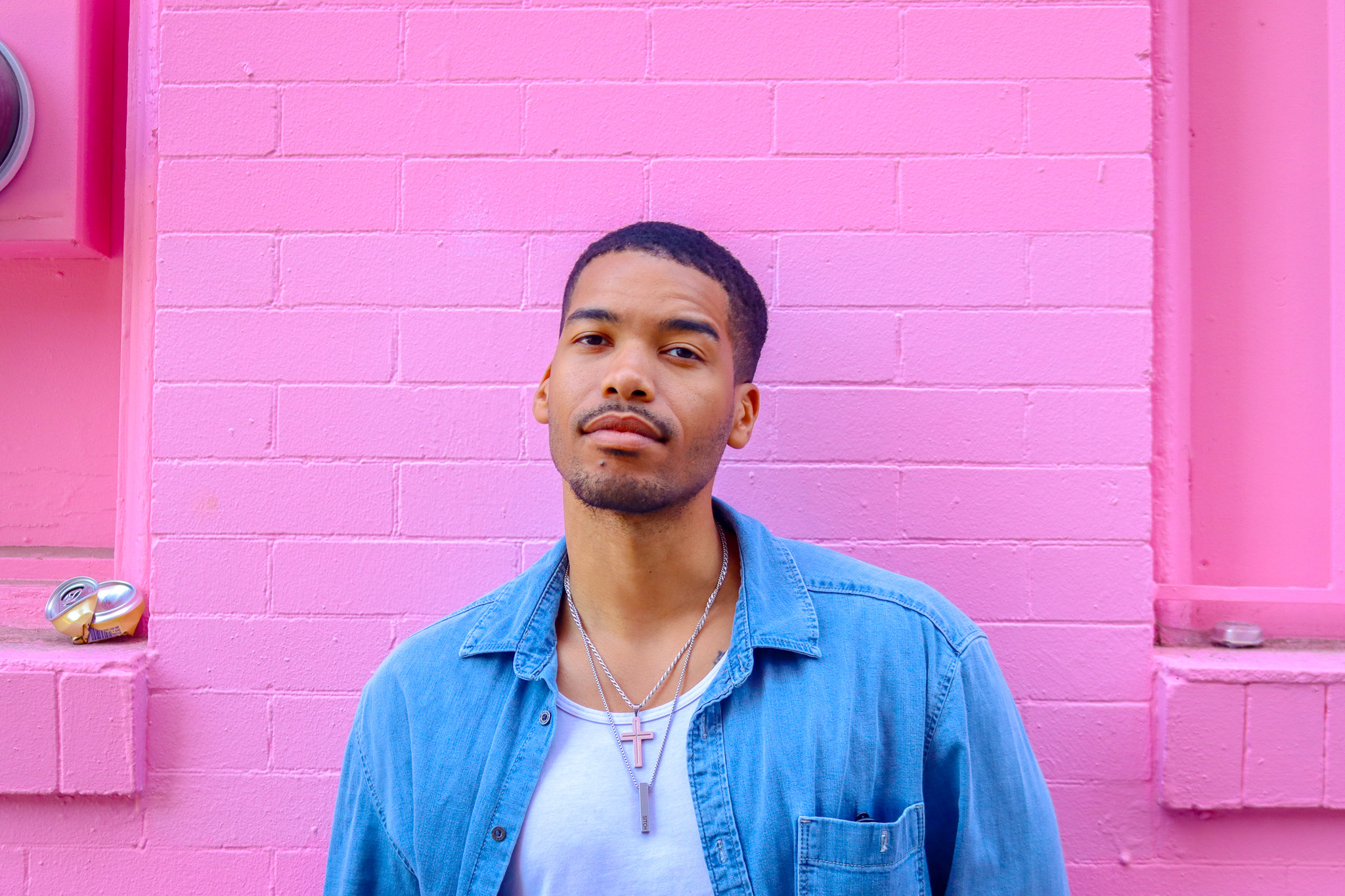
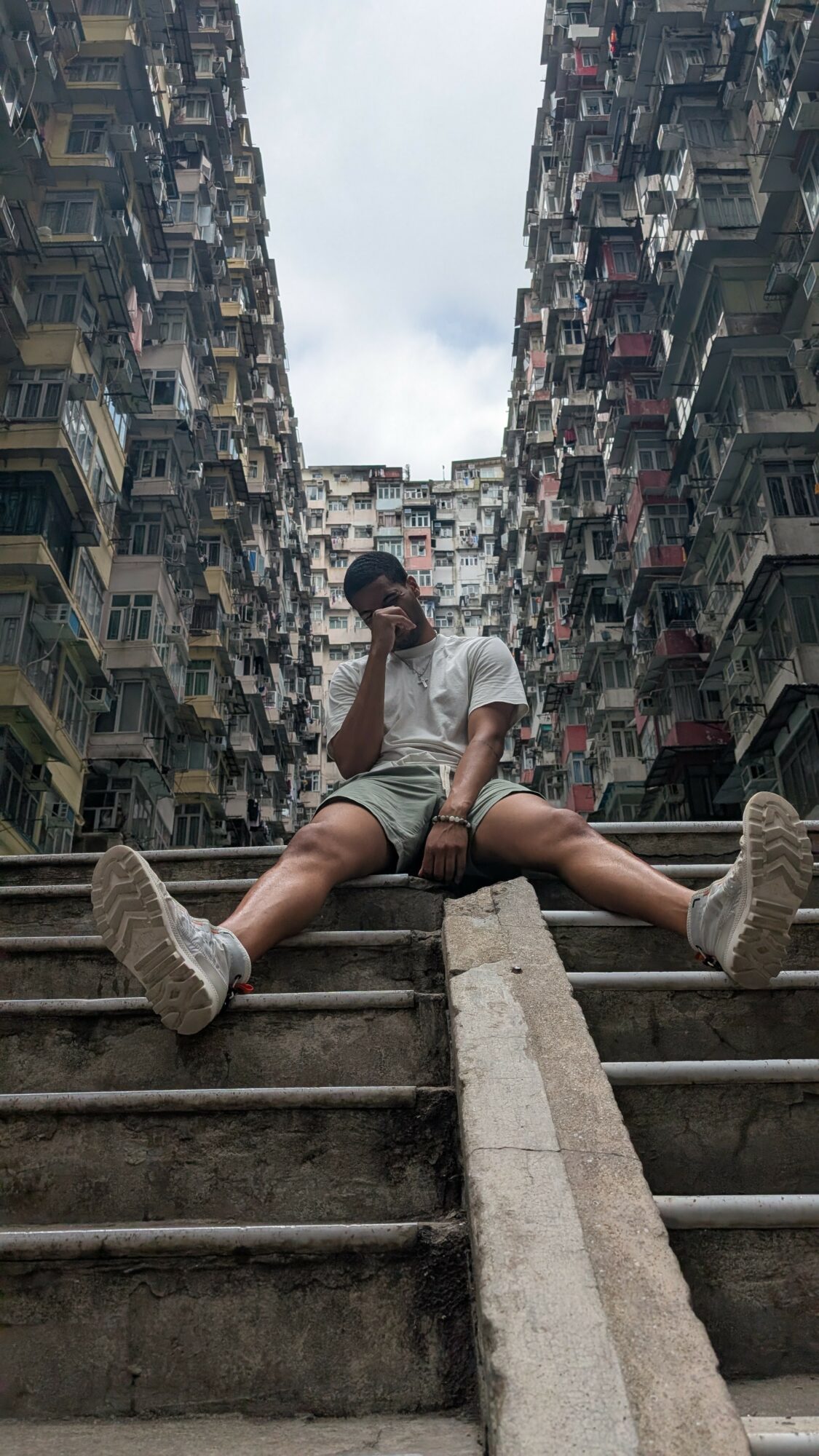
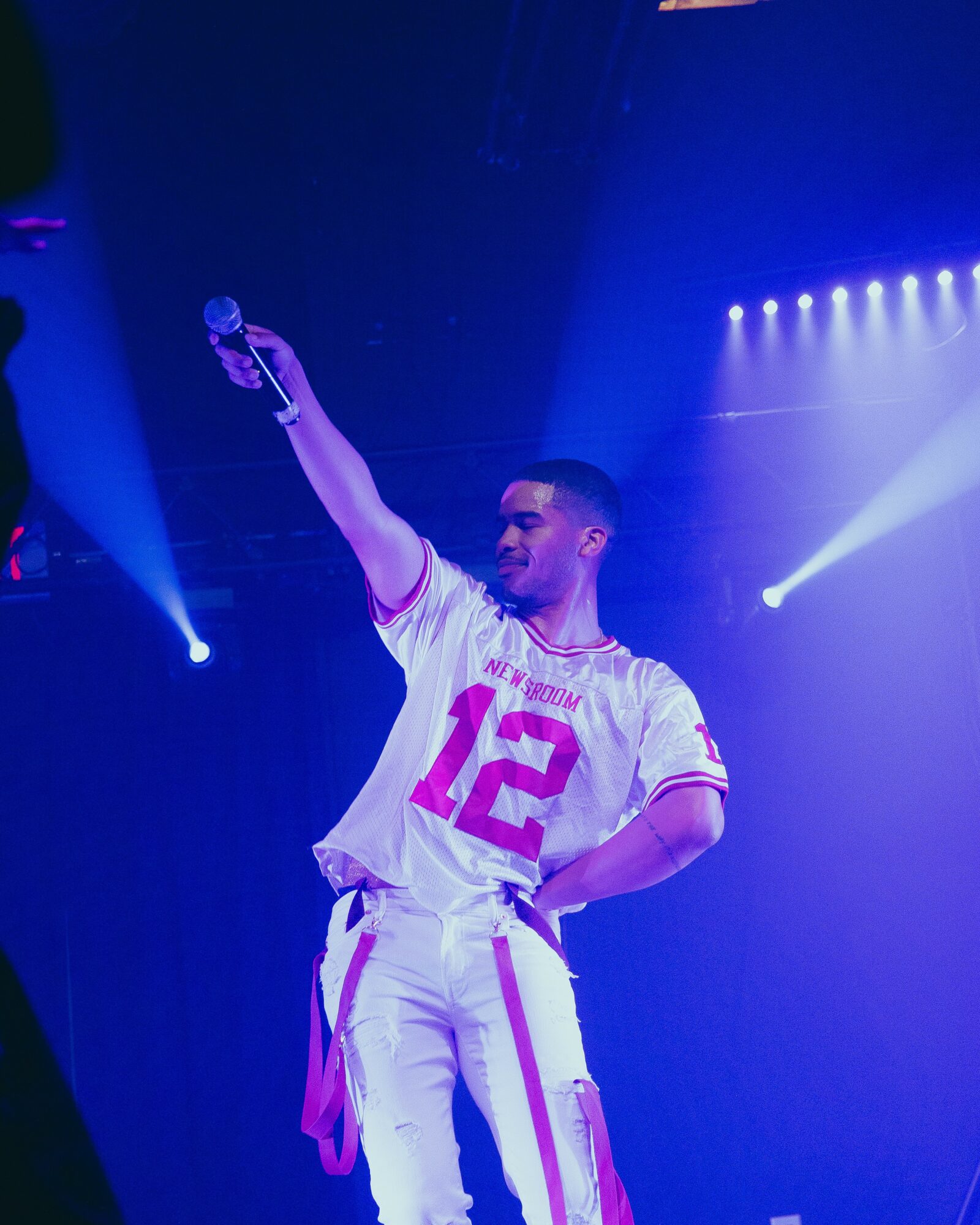
Image Credits
Tatyana Kiahra
Richard Ngo
Laajlim Khang

